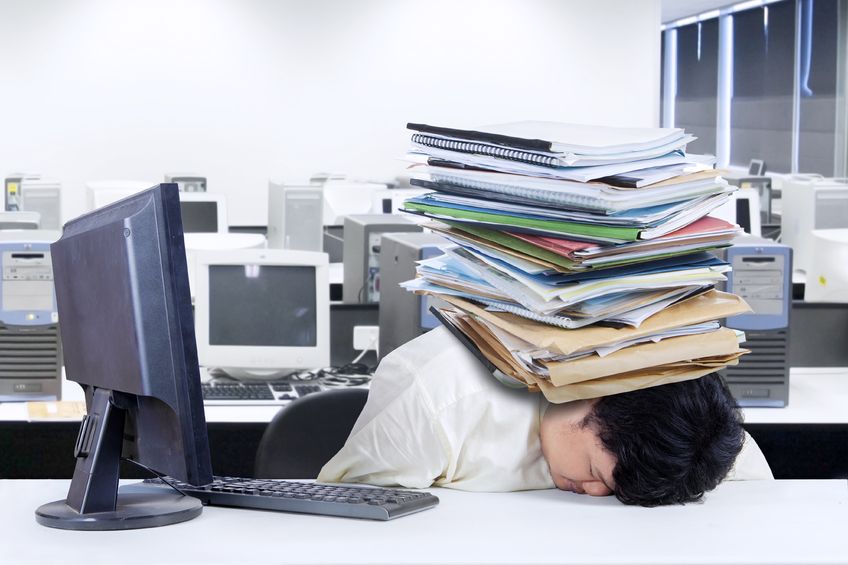As Americans strive to make their dreams come true by gearing up to power through a work day, they seem to be cutting back on sleep. New research from the University of Pennsylvania is suggesting that long work days and seemingly endless commutes may have a role in our nation’s chronic sleep loss.
According to the Centers for Disease Control and Prevention, one-third of U.S. workers (40.6 million workers) are getting 6 hours or less of sleep a night, compared to the recommended 7-9 hours of sleep recommended by sleep experts. Could pushing work times back really be a potential solution?
Published in the December issue of the journal SLEEP, researchers analyzed the sleep habits of 124, 517 Americans who were at least 15 years old and participated in the American Time Use Survey (ATUS) between 2003 and 2011. The participants were during a computer-telephone interview how they spent their time between 4 am the previous day and 4 am the day of their interview.
Work was found to be the most dominant activity getting in the way of sleep across all sociodemographics. Compared to normal sleepers, those who slept 6 hours or sleep a night, worked 1.55 hours more on weekdays and 1.86 hours more on weekends or holidays, beginning their work day earlier in the mornings and calling it quits at night.
Interestingly, for every hour that work or education started later in the morning, sleep time increased by practically 20 minutes. Participants who reported sleeping an average of only 6 hours when starting work before or at 6 a.m. and 7.29 hours when starting work between 9 a.m. and 10 a.m.
Lead study author Dr. Mathias Basner recommends intervention strategies be put into place, including more flexibility in work and school start times. He also says cutting back on working multiple jobs, as well as morning and evening commute times, are other potential solutions to get Americans back on track.
While work does pay the bills and could be a passion, getting the proper amount of snooze keeps you safe on your commute and increases your productivity and creativity, making work easier to handle. Getting 7-9 hours of sleep is critical to be at your best physically, mentally and emotionally; make sure you clock in tonight!


No comments yet.